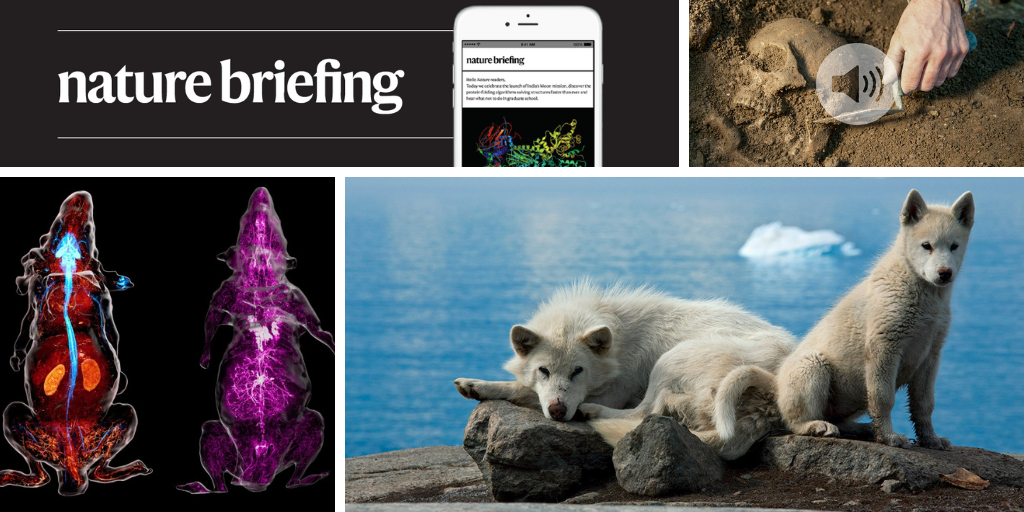
"Qimmit - a type of sled dog that has been kept by Inuit in Greenland for nearly 1,000 years - don't share much DNA with wolves, despite a reputation for having been interbred."
"Researchers collected samples from dog remains at archaeological sites, in museum collections, and from items of clothing that were up to 800 years old."
"A drug that targets two parts of the deadly Nipah virus can both temporarily prevent infection and can stop the virus becoming treatment-resistant after infection."
"The combi-drug protected hamsters from infection with the Nipah virus for 28 days. If given one day after infection, the treatment was 50% effective at preventing disease and delayed death by four days."
Qimmit sled dogs used by Inuit in Greenland for nearly 1,000 years exhibit minimal genetic similarity to wolves. Archaeological samples gathered from dog remains, museum artifacts, and clothing dating back 800 years reveal insights into their DNA. Additionally, a novel drug targeting the Nipah virus has shown promising results, with the ability to prevent infection for 28 days and delay disease progression by four days if administered post-infection. The ongoing issues of scientific funding cuts, highlighted by symbolic events, emphasize the impact on research and the future of young scientists.
Read at Nature
Unable to calculate read time
Collection
[
|
...
]